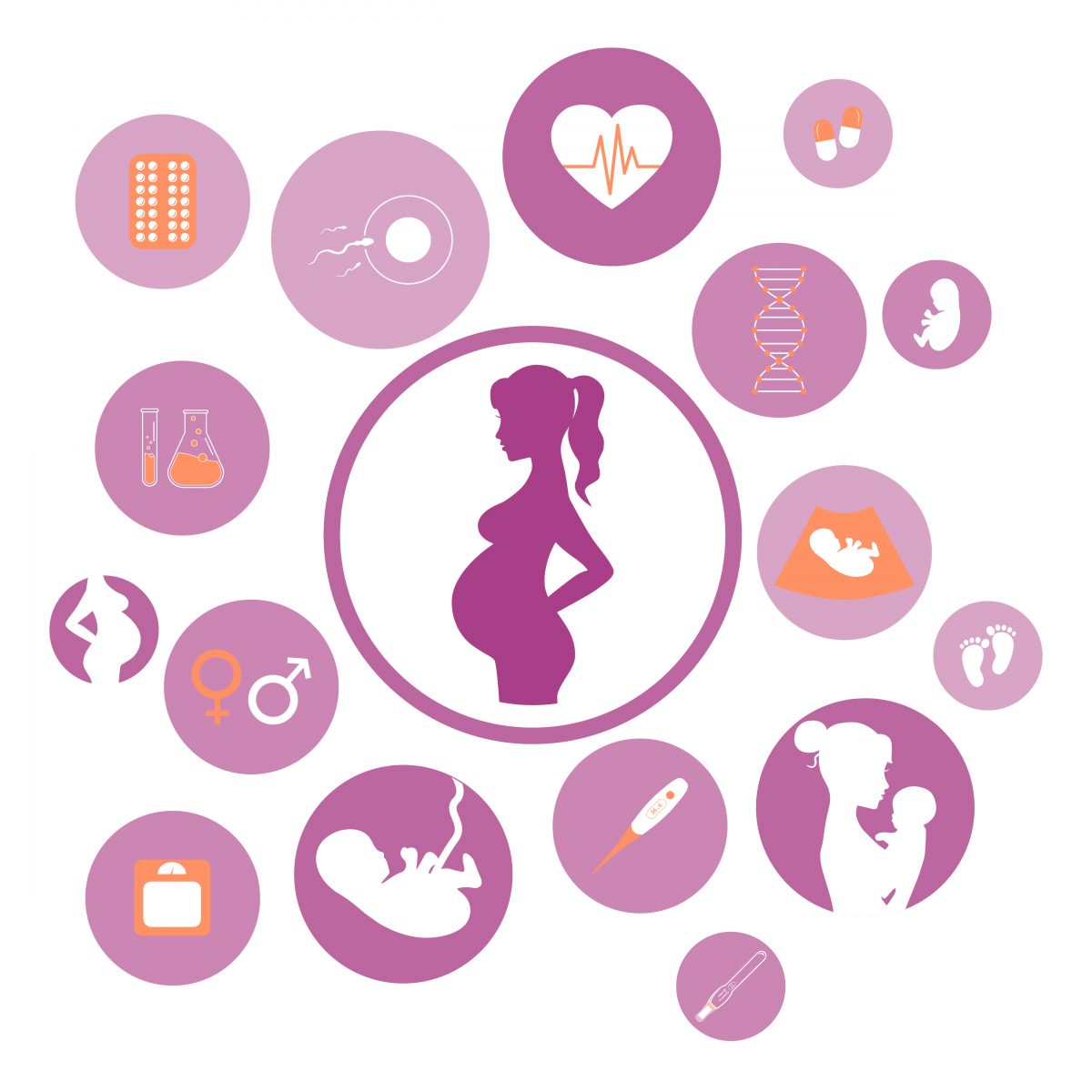Steroid Use May Boost Risk of Infections in Pregnant Women with Autoimmune Diseases
Written by |

A recent study has linked high-dose steroid use with an increased risk of developing serious infections during pregnancy in women with autoimmune diseases, including lupus.
The study, “Risk of serious infections associated with use of immunosuppressive agents in pregnant women with autoimmune inflammatory conditions: cohort study,” was published in the journal The BMJ.
Certain autoimmune diseases such as systemic lupus erythematosus (SLE), rheumatoid arthritis, ankylosing spondylitis, psoriatic arthritis and inflammatory bowel disease, are more common in women than in men. Unfortunately, these diseases can affect women at all stages of their life, including pregnancy.
Pregnancy is considered to be a state of “altered immunologic response,” according to the researchers. As such, pregnant women who are taking immunosuppressive agents to treat autoimmune diseases may be at an increased risk of developing a severe infection.
In order to determine the risk of serious infections in pregnant patients taking immunosuppressive therapy, the researchers selected 4,961 pregnant women who had been treated for SLE, rheumatoid arthritis, psoriatic arthritis, ankylosing spondylitis or inflammatory bowel disease.
All patients in the study were treated with either high-dose steroids, non-biologic agents, or tumor necrosis factor (TNF) inhibitors.
Researchers found that 0.2% of the group (71 out of 4961 pregnant women) developed serious infections.
When comparing the risk of developing a serious infection among patients taking one of the three immunosuppressive drug classes, the team found no evidence of one drug class being particularly worse than the others.
However, researchers did find a “dose-response” relationship between high-dose steroid use and the risk of developing a serious infection. They noted that higher doses of steroids were associated with a higher risk of infection. Interestingly, the risk of developing a serious infection increased during the later months of pregnancy.
The researchers did acknowledge that this study focuses on pregnant patients taking immunosuppressive therapy for chronic autoimmune diseases. As such, their results are likely not generalizable to other populations, such as women at high risk of preterm delivery in whom the use of short courses of prenatal steroids have been proven beneficial.
“Findings from this large scale population based cohort study of pregnant women with systemic inflammatory conditions suggest that risk of serious infections is similar among users of steroids, non-biologics, and TNF inhibitors. However, the use of high dose steroids is an independent risk factor of serious infections in pregnancy.”
The researchers recommended that women receiving high-dose steroids during pregnancy should be closely monitored for any signs of serious infection.




